You told your dog “no,” and now they’re staring at you like you just betrayed them. Their tail are tucked, their eyes are watery, and your heart hurts more than theirs.
Some dogs just feel things more deeply. And when you’re a gentle owner trying to correct behavior without guilt, that sad reaction can make it harder than you expected.
While training is necessary, it shouldn’t leave either of you feeling bad. Certain dog breeds are especially prone to acting sad when scolded. Understanding this helps shape your tone, your timing, and your expectations.
In this article, we’ll walk you through the dog breeds that often take scolding personally, dogs who just want to please, and feel crushed when they think they’ve let you down.
Dog Breeds That Act Sad When Scolded
1. Cavalier King Charles Spaniel

This breed is known for its deeply affectionate and gentle personality, which makes emotional shifts hit harder than they would for sturdier breeds, as the AKC claims. A sharp tone or sudden disapproval immediately changes their body language, from upright and playful to visibly withdrawn.
They Read the Room Quickly
Cavaliers are highly attuned to emotions, which is why they pick up on scolding cues almost instantly. Their expressive eyes drop, tails slow down, and they pause with a hesitant posture, as if unsure how to make things right. Their reactions feel more emotional than reactive.
Attachment Runs Deep
Since this breed thrives on being close to people, especially their favorite family member, being scolded feels like losing that closeness. They are eager to stay in good favor and seem visibly unsettled when they sense emotional distance. It often results in quiet following or sulking nearby.
Subtle Apologies Through Behavior
Instead of barking or whining, Cavaliers often try to make amends with soft, slow movements and hovering closeness. Their attempts are wordless but sincere, like gently resting their head on your lap or avoiding eye contact. It’s a quiet effort to be accepted again.
2. Labrador Retriever
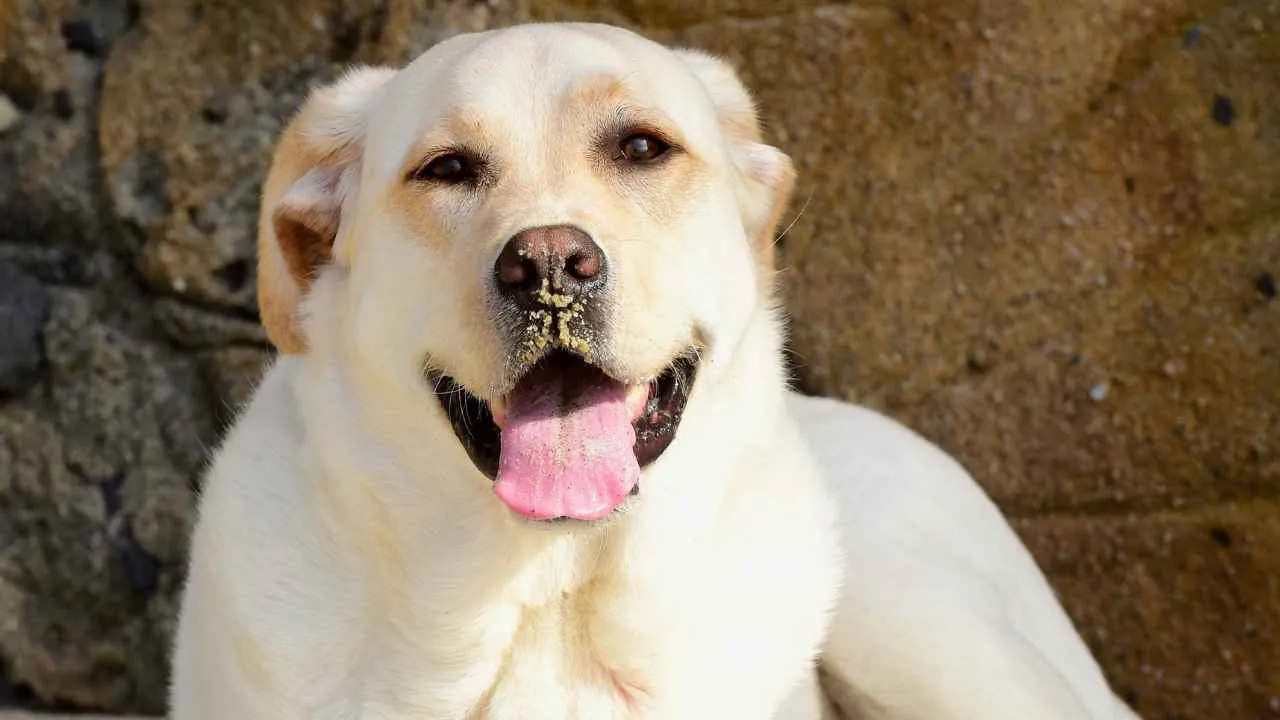
Labradors are emotionally open dogs, and it’s easy to read disappointment on their face the moment they sense they’ve upset someone. They tend to lower their head slightly, look away, and pause completely when scolded. The energy shift is immediate and visible.
Eager to Stay in Good Standing
Because they are driven by approval, being scolded disrupts the bond they depend on. Labs respond well to positive reinforcement and thrive when treated with encouragement. Correction, even when light, tends to leave them quietly waiting for a signal that things are okay again.
Sensitive to Tone and Attention
Even a slight change in your voice can affect their mood, especially for Labs raised as indoor pets. These dogs form strong emotional ties with the people around them. Most people notice how quickly they withdraw or retreat to their bed after being told off.
Active Minds Need Consistent Direction
Labradors have high intelligence and require daily outlets for physical and mental stimulation, as mentioned in Petplan. Without that, they’re more likely to act out and feel confused when corrected. Once scolded, their response often includes staring from a distance, lying down quietly, or avoiding eye contact.
3. Golden Retriever
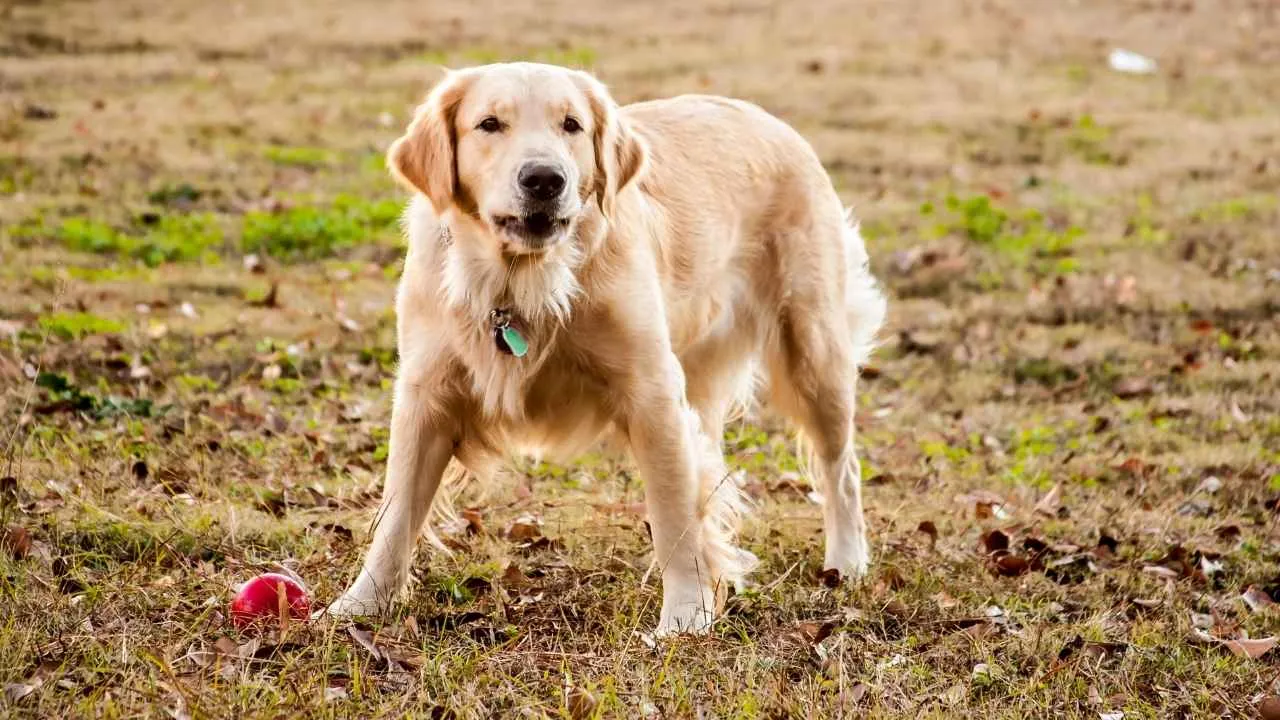
Golden Retrievers are emotionally intelligent and known to respond deeply to their environment. A firm voice or disapproving look can instantly change their posture, softening their gaze and slowing their movements. These dogs seem to feel the weight of disapproval more than most.
Strong Bond with Their People
Because of their close connection with humans, Golden Retrievers tend to internalize any negative feedback. When scolded, they often look away, lower their head, or retreat slightly, appearing visibly affected as though they’ve let someone down they truly care about.
Signs Show in Subtle Ways
Rather than acting out, this breed tends to withdraw quietly or linger nearby with a lowered stance. Their eyes follow you with worry, and their body stay still, waiting for signs of forgiveness. These behaviors reflect their calm and peace-loving nature.
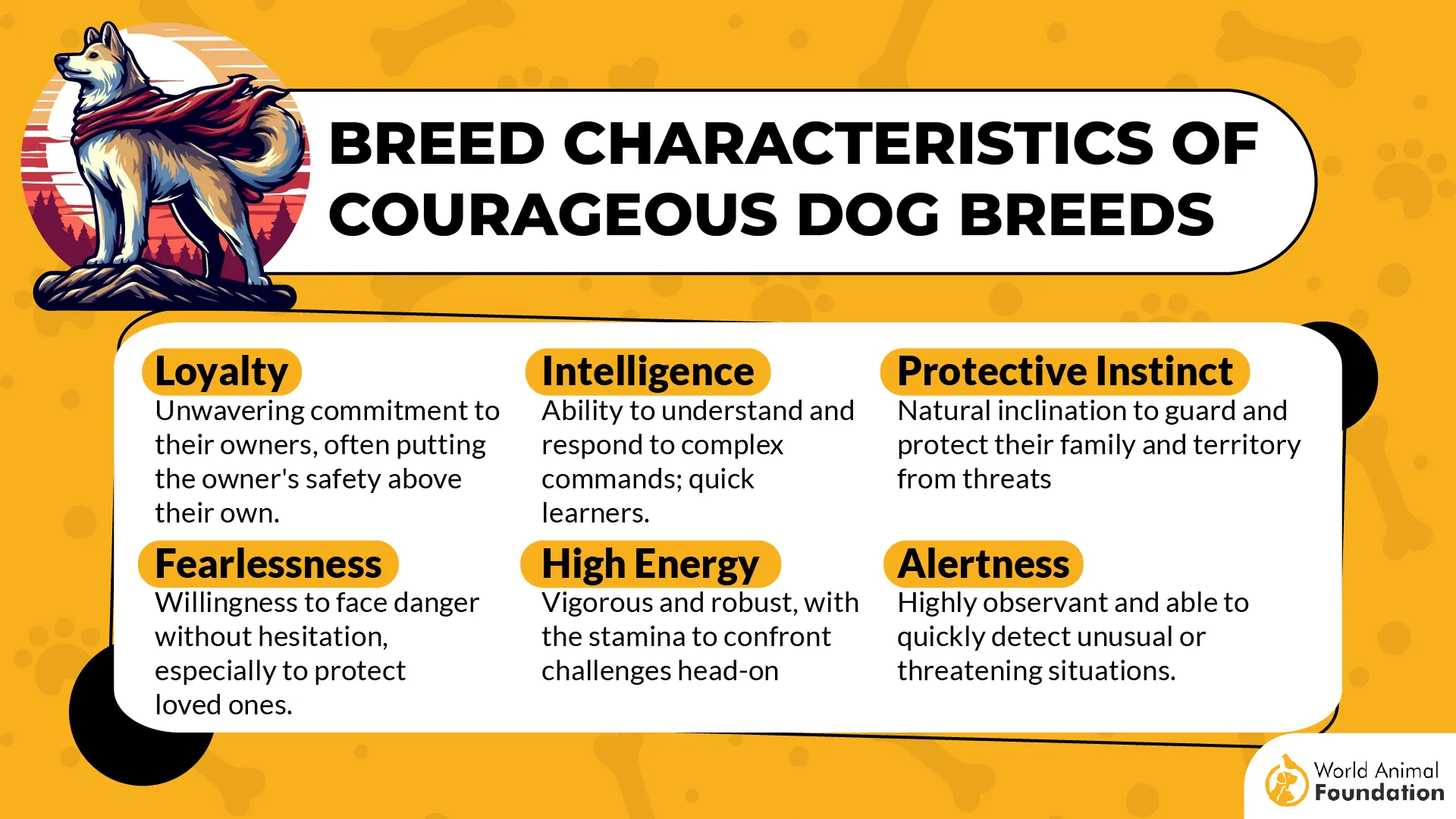
Sensitive but Well-Meaning
Golden Retrievers are known to be so eager to please that even a light correction can make them anxious. While they rarely develop behavior problems from it, their response is deeply tied to how attuned they are to the moods and actions of humans.
4. Vizsla

Vizslas are among the most emotionally sensitive breeds, often showing sadness through drooped ears, pacing, or retreating after even mild corrections. Their bond with people is so tight that a single disappointed tone can cause visible stress. Their emotional memory seems surprisingly long.
Reacts Strongly to Disapproval
Because they’re people-focused and thrive on approval, Vizslas tend to look genuinely hurt when scolded. Their response is often immediate — freezing, lip licking, or head lowering — with nervous body language that can linger long after the moment has passed.
Early Signs Show in Puppies
Even as puppies, Vizslas react more intensely to disapproval than many other breeds. Gentle correction during training often results in lowered energy and a quiet withdrawal. Their need for positive reinforcement becomes clear from the very beginning.
Built for Bonding, Not Conflict
This breed was developed to work closely alongside humans, which makes any perceived conflict especially tough for them. They internalize correction deeply, sometimes responding with whining or avoiding interaction altogether. Their stress shows clearly in their behavior and posture.
5. Greyhound
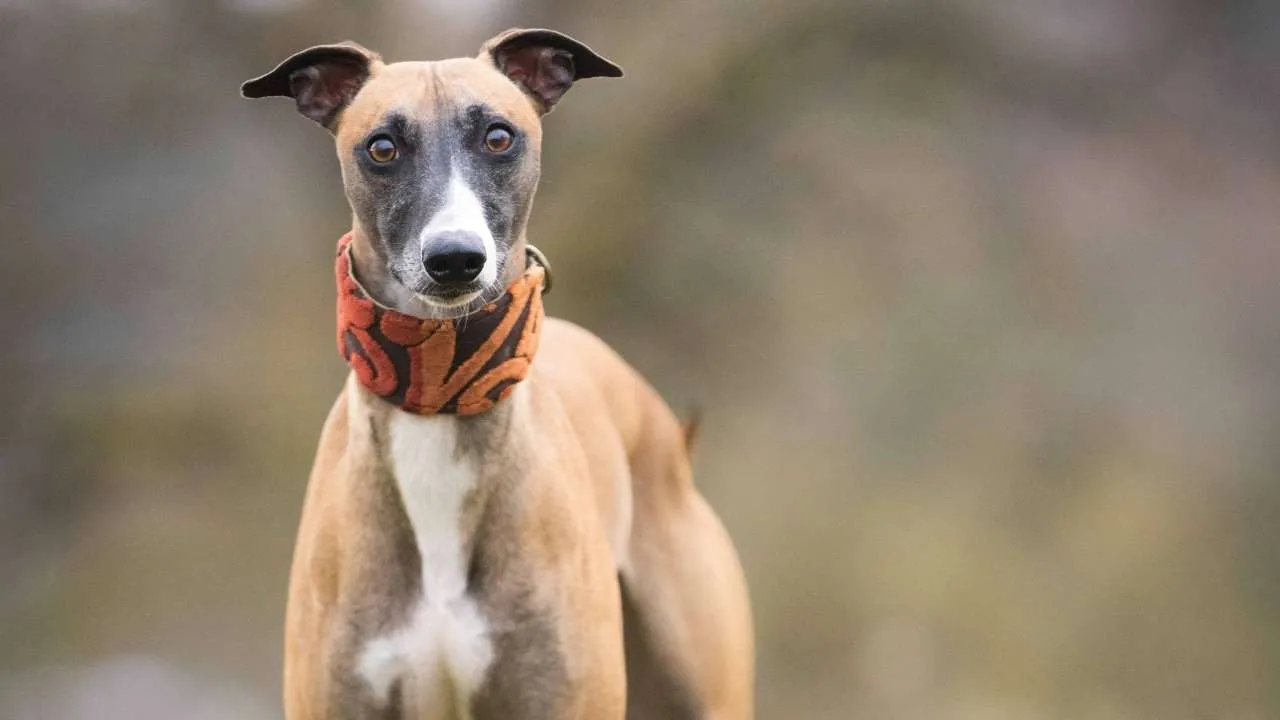
Despite their calm exterior, Greyhounds are deeply sensitive and tend to internalize tension. A harsh tone or shift in routine can cause them to shrink back physically or emotionally. They don’t bark back or protest; they withdraw and hold that discomfort quietly.
Scolding Hits Hard for Them
These dogs are known to appear visibly scared when corrected, even if the tone isn’t overly harsh. Their ears drop, their bodies tuck slightly, and their eyes avoid contact. It’s less about disobedience and more about how much they fear doing something wrong.
Eager to Regain Trust
Greyhounds bond closely with their person and are quick to notice emotional changes, as highlighted by Oxford Stadium. When they sense disappointment, they may quietly approach and lean their head in gently, seeking reassurance. Their apology is more felt than seen, wrapped in subtle gestures.
Emotions Show in Stillness
Rather than showing guilt through movement, they often become still and subdued. Their tail tucks, their posture softens, and they stay in place until acknowledged again. This reaction is common in retired racers adjusting to home life, where structure and kindness matter.
6. Border Collie
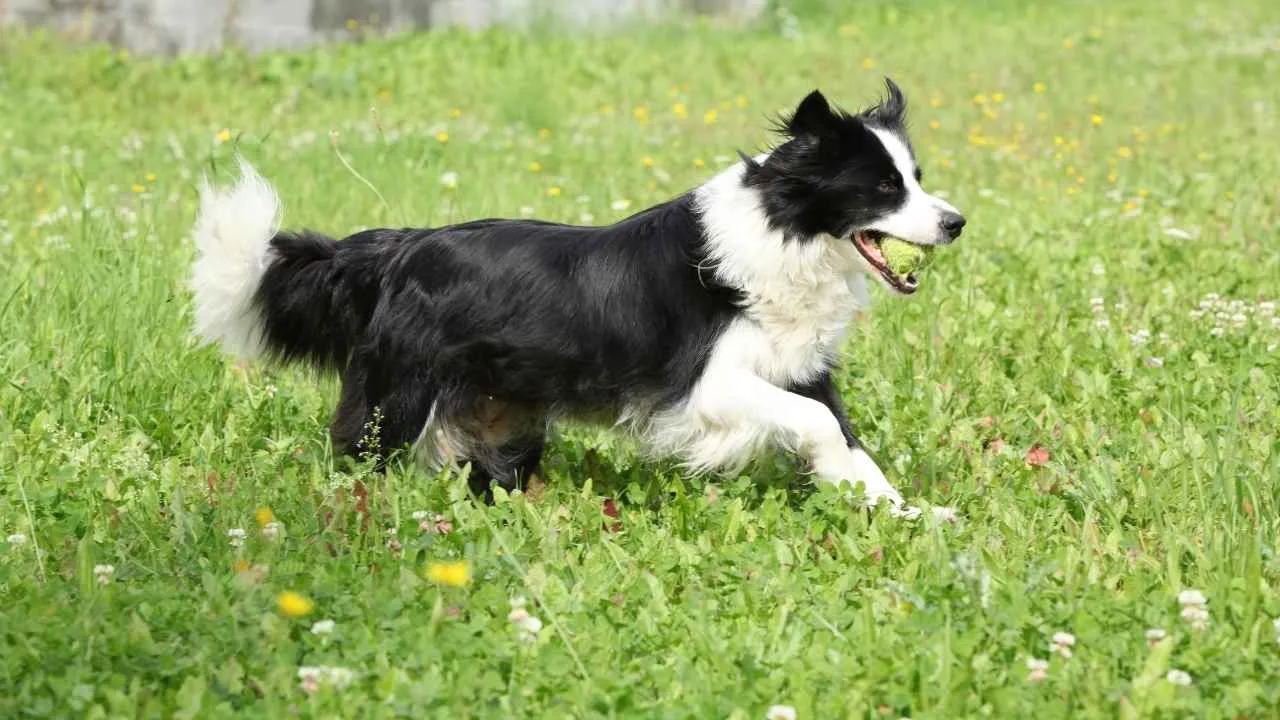
Border Collies are known for their intelligence, but what often gets overlooked is how emotionally aware they are. Even light scolding can visibly deflate their energy, with lowered ears and a stiff posture. Their sensitivity makes them quick to notice when they’ve disappointed someone.
Emotion Registers in Behavior
Instead of acting out, a scolded Border Collie often retreats or sits still, watching carefully for signals of forgiveness. Their behavior changes immediately, showing restraint or hesitation in actions that moments earlier were full of purpose. This switch is deeply rooted in how they process direction.
Work Ethic That Craves Approval
Bred for precision and focus, they respond best when they feel useful and validated. When correction disrupts that rhythm, they may temporarily lose their eagerness to engage, especially during training or practice.
Connection to People and Animals
Though independent while working, Border Collies build deep bonds with those around them. A change in tone from their handler or family shifts their mood, often making them pace or lie quietly nearby. They rely on positive energy to balance their drive and fun.
7. Papillon

Papillons are intelligent and expressive, which makes them highly sensitive to how they’re treated. A single disapproving command can instantly change their mood. You’ll often notice a pause in their play as they try to understand what went wrong.
Quick to Sense Disapproval
They pick up on human tones with surprising accuracy, responding with lowered ears and sudden stillness. Their body posture softens, and their once-eager energy becomes reserved. They read more into your voice than most animals do.
A Relationship-Driven Mindset
Though active and playful, Papillons are very people-focused and bond deeply with their families. When a trusted figure scolds them, they often retreat slightly or stay nearby with unsure eyes. It’s less about the correction and more about protecting that connection.
Their Way of Making It Right
This breed has a habit of seeking eye contact after they feel they’ve done wrong. They may follow you quietly, lie down just out of reach, or shift their attention to a familiar toy. These little signs show how their sadness turns into a subtle practice of forgiveness.
Conclusion
Some dogs just take things to heart more than others. If you’ve seen your pup lower their eyes or retreat after a sharp word, you’ve likely seen just how much affection plays into their behavior.
These breeds don’t need much correction; they need consistency, a soft tone, and a little praise when they get it right. A veterinary professional can always help if your dog seems overly sensitive or withdrawn. Most just want to be loved, not scolded.
Whether they live in a small house or a big one, the reaction stays the same. Pay attention. Watch how they respond, how they forgive, and how much they try. Their silence often says more than their bark ever could.


